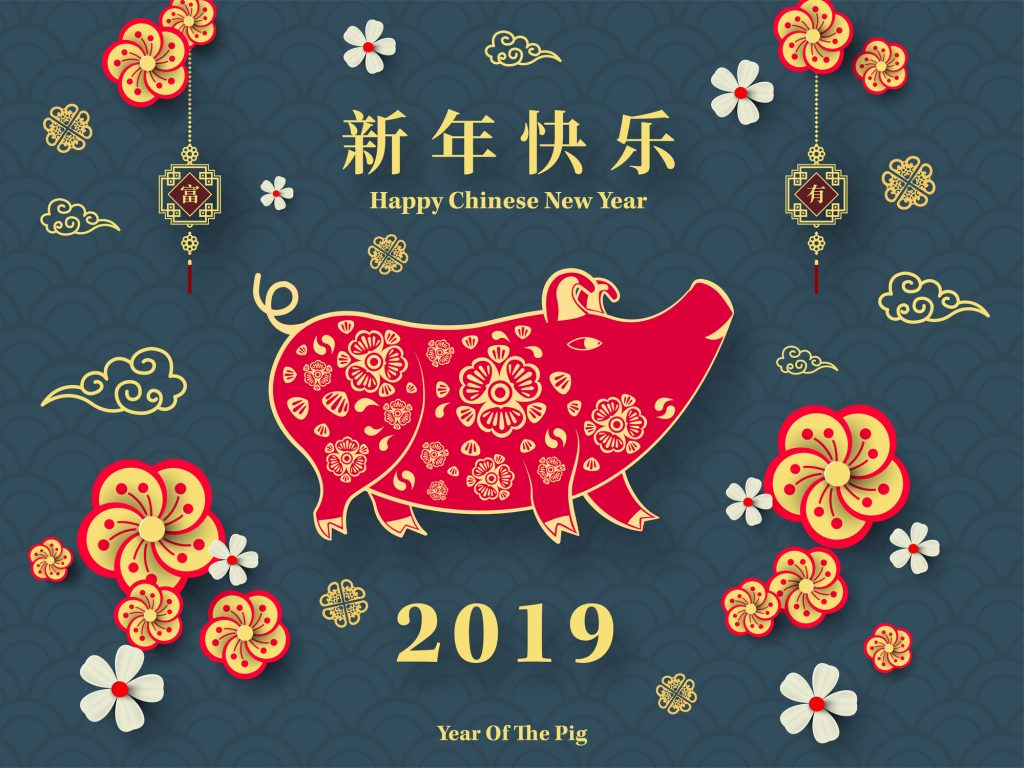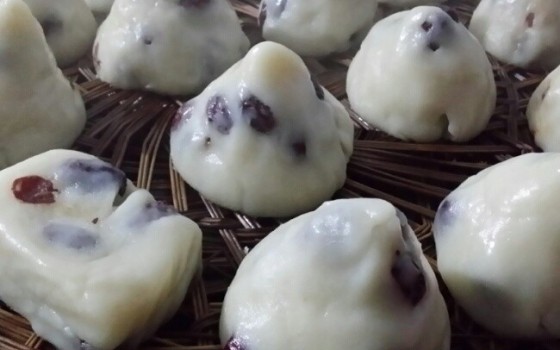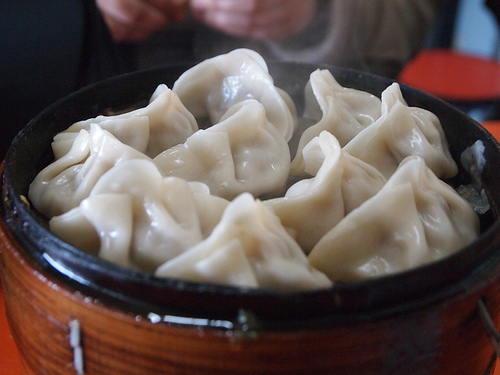
Chinese New Year is just round the corner and as many knows, this is a period of time where there is an abundance of food and especially unhealthy food, that is, food high in sugar and oil. On the eve of Chinese New Year, reunion dinner is the highlight and many tend to go overboard with table-full of seafood, meat and other delicacies. Coupled with late night merry-making and early morning rising for the visiting, no wonder many fall sick after Chinese New Year!
TIPS FOR HEALTHY EATING DURING CNY
- Hydrate, hydrate, hydrate
Drink mineral or plain water and take more fruits instead of sugared drinks. Taking fruits directly is also better than taking fruit juices so that more fibre can be consumed.
2. Choose steamed or boiled food

Niángāo (sticky rice cake) is typically made of rice or glutinous rice flour. You can add red beans or dates to the niángāo and steam it to make a yummy and healthier snack. In TCM (traditional Chinese medicine), grains that is the main ingredient in making niangao invigorates the function of the spleen and stomach. Red dates and beans are good for the qì and blood.

Another Chinese New Year must-have delicacy is jiǎozi or dumplings. Similarly, jiǎozi is considered a healthy food because in each small dumpling, you can include grains (jiǎozi skin), meat (filling, typically pork), legumes (peanuts, dates, chestnuts, tofu) and vegetables (carrots, cabbages, spring onion). Cooked in soup or steamed, these are very delicious and filling food.
3. Take more vegetables, especially mustard, and cook vegetables whole

By cooking vegetables whole instead of chopping them up, you will need to chew on them longer and the enzymes in saliva aid in better digestion. Fibres in vegetables also encourage intestinal activities, preventing constipation. Also, more meat and glutinous rice is consumed during festive period and these are considered wēn (warm) nature in TCM. Taking too much of these will cause the internal organs to be “warmed” and cause absorb and retain more fats. On the other hand, mustard is consider hán (cold) in nature and will dissipate the heat in the internal organs.
4. Keep up with exercise
Keep active during festive season to not just work off the extra calories consumed but also to avoid constipation.
5. Take healthy vegetarian breakfast
Have a good breakfast packed with vegetables, grains and legumes to start off your days of celebration. This will be a good balance to the loads of meat and oil consumed later on.
6. Avoid food that are no good for your ailment
Go easy on the hot pot. People suffering from constipation, piles and indigestion should go avoid food that are too hot, spicy or sour. If you are diabetic, it is best to take small frequent meals to avoid taxing your intestines and stomach. People suffering from peptic ulcers should avoid, alcohol, sugars, high fats, coffee and spicy and sour food as these will stimulate secretion of gastric juice. People suffering from back flow of gastric juice should also avoid these food, as well as food that are too hot, too cold or too oily, and chocolate, onion and garlic to prevent heartburn and acid back flow. People with gallstones should also avoid high fats food to prevent pains in the stomach.
During this merry Spring Festival, eat healthy, eat in moderation and keep active. May all readers have a happy Chinese New Year and receive a prosperous year ahead!